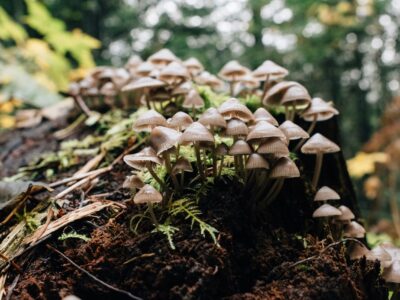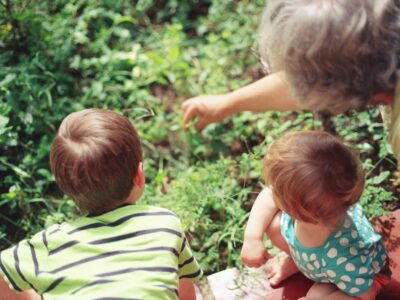Ecotourism – tourism directed toward exotic, often threatened, natural environments, intended to support conservation efforts and observe wildlife. (Oxford English Dictionary)
We huddled together under the sunshade. Most of us were tourists, but a few locals had joined the group. My sister-in-law had purchased the excursion as an activity for us on our vacation to visit her and her family in Merida, Yucatan. Lalo, our guide, explained what we were going to be doing that day.
Lalo is the president of Rios Limpios (Clean Rivers). “We are a multidisciplinary group of people passionate about nature and outdoor activities. We have environmentalists, communicators, scientists, traditional grandparents and fabulous volunteers. We think that only by bringing together civil society, private initiative, educational institutions, and the government can we achieve change. That is why we always seek to have our projects integrate all these drivers of change,” states rioslimpios.org (translated from Spanish).
Rios Limpios seeks to work with tourists and locals alike to educate about the importance of the local natural environment. But it’s not just education; they are hands-on organization that puts their muscles where their heads and hearts are. Focussing on waterways, Rios Limpios takes their clients to places that have suffered from pollution and introduces the simplicity of helping to clean up.
That day, 25 of us would be kayaking into the mangroves in Chuburna, Yucatan, Mexico to learn, clean, and enjoy. It is one of several such excursions that Rios Limpios offers. They offer experiences to private groups, corporations, NGOs, and government subcommittees, who all take part in active educational programs to clean up waterways.
Mangroves are forests that thrive in brackish water environments. In places where fresh and saltwater meet, mangroves have adapted to survive in difficult environments: high salt water, low oxygen levels, and high heat.
The mangroves are a significant and vital ecosystem in the Yucatan peninsula. They are a significant ecological biosphere. Providing shelter and breeding areas for a wide variety of wildlife: birds, fish, and reptiles all call the mangroves home. They also play a significant role in mitigating the effects of climate change as mangrove forests are extraordinarily efficient at storing carbon. They also provide a barrier against storm surges and coastal erosion, helping to protect local communities. Not only that, mangrove forests act as filters for pollutants, helping keep water clean. They can also provide a sustainable source of wood for both timber products and needs like firewood.
At the mouth of the river we launched our kayaks. A short paddle to the opposite shore landed us on a small beach that was full of plastic garbage. Each of us had a garbage bag to fill, and there was plenty of plastic to pick up. Large and small, some carelessly discarded, other pieces blown or carried in by the waves. It didn’t take long for us to fill all 25 bags. There was more left, but we made a dent, and it felt good.
Image Courtesey of J.R. Hudberg
Our bags filled, we kayaked up the river. Stopping at some palapas we had a rest and a snack of delicious, local, fresh ceviche. The rest of our afternoon consisted of paddling through the mangroves, seeing and hearing the wildlife. Standing in the shade of the palapas watching schools of fish swim in and around our feet, and swimming/playing in the refreshing water. We learned the history of the local mangroves and how vital they were to both the local population and the larger community. When it was time to head back, we climbed in our kayaks and floated/paddled back down the river.
Our adventurous excursion, including the work, was one of the highlights of our vacation. Worth the time, funds, and energy. Not only were we able to enjoy an activity, we made a difference, even if it is a small one.
That’s the lesson we are learning right now: even little things can make a difference. In fact, we’re learning that the small things may be more important than the big things—simply by virtue of frequency. We are faced with myriad small choices everyday. Small decisions about how we will spend our time and our money, how we will respond to and live with others, small moments to decide if we will work or seek comfort. The small decisions matter. After all, even Jesus himself recognized the significance of small things: “If you are faithful in little things, you will be faithful in large ones. But if you are dishonest in little things, you won’t be honest with greater responsibilities” (Luke 16:10).
Jesus was talking specifically about money, but the principle clearly applies broadly: if we make good decisions with the small things, we will make good decisions when we face more significant matters.
Small choices now about how we generate our garbage, little bits of time spent picking up a stray piece of trash instead of walking by it. Choosing to buy from sustainable companies . . . determining if we need to buy at all. Even on our vacations, we can make choices that are healthy for ourselves, those around us, and the environment.
What small choice can you make that might make a difference?





 Copyright
2024
Root and Vine
Copyright
2024
Root and Vine